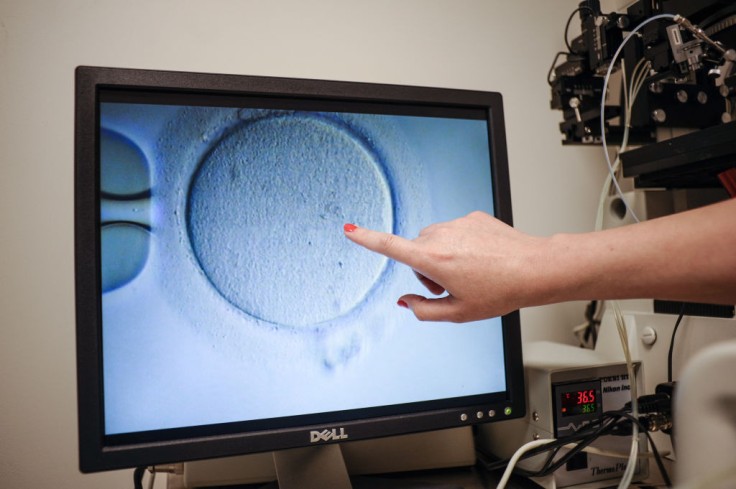
Couples who dream of having babies or are ready to grow their family and become parents, but have fertility issues, turn to in vitro fertilization to help with the conception. The IVF industry is one of the fastest-growing industries, with an estimated $8 billion growth in recent decades.
But while IVF has helped thousands of couples, there are also countless sad stories about miscarriages and other infertility challenges that cannot be fixed with the advances of science. The reality is that this expensive procedure does not guarantee conception and could lead to false hopes for some eager parents.
The IVF Success Rate
A study conducted by researchers from the University of New South Wales in Australia, which followed women who had in vitro fertilization between 2016 to 2020, showed that the IVF success rate diminishes as women age. Their findings were published in the SciMex journal.
A woman who has the procedure before she's 30 years old may have a 43 percent chance of conceiving within one cycle and a 66 percent chance within three cycles. A woman above the age of 35 has a 40 percent chance of having a baby after the first IVF and 61 percent after three rounds of the fertilization process. A woman in her 40s will have considerably lowered chances at 13 percent for one round and 25 percent for three rounds.
In 2018, the U.S. Centers for Disease Control and Prevention (CDC) revealed that 50 percent of women who have IVF under 35 years old might result in a baby's birth, but only 3.9 percent of women over 45 years old may have successful deliveries through this process. However, there are other considerations and options, such as a donor egg, to increase the IVF success rate.
A single round of IVF is highly strenuous on a woman's body that doctors recommend the second or succeeding procedures should never be done within two months of each other. Doctors also need to consider the woman's menstrual cycles in between the procedures, following a negative pregnancy test.
However, some fertility clinics may fail to emphasize that the health and fertility of a woman's body and the male's sperm differ with every patient. While the technology may be so advanced, there are still several factors that could impact the chances of conception through IVF.
The Economic Factor
On top of the time element and woman's health, the cost of IVF falls around $12,000 to $17,000 per round, per the New York Times. This does not yet cover the medications needed and will also depend on the woman's health insurance coverage, doctor's fees, and other additional treatments.
So, if a woman or a couple does not have enough funds, the chances of having a baby further diminishes due to the economic factor. Some parents go knee-deep in debt after choosing to have IVF, especially those who wait past their child-bearing years to have kids.
Fertility industry workers tell CNBC that some couples are in for a rude awakening after realizing all the factors it takes to start a family through in vitro fertilization. Even as some clinics offer financing, installment payments, or other pricing models, some couples are forced to draw the line and consider giving up their dreams of having a child.
Related Article : Mom Addicted to Pregnancy Says Surrogacy Is the 'Best Job in the World'